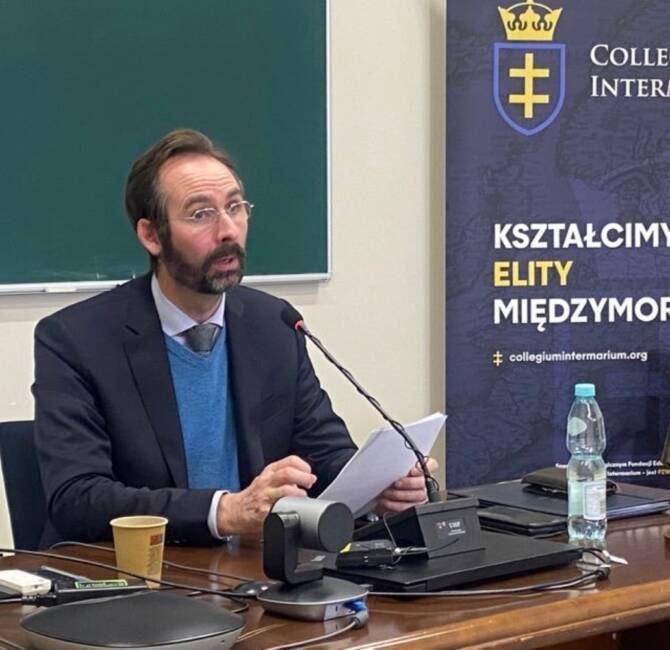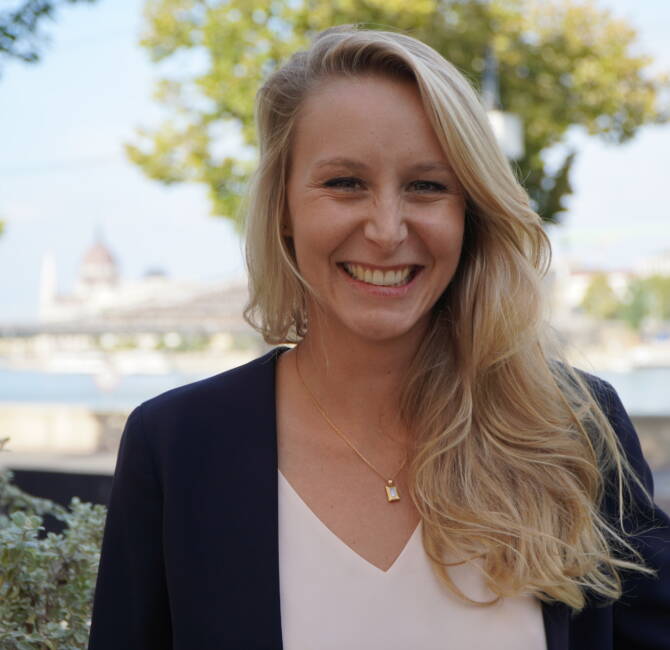The website Custodela interviewed the Hungarian police about their work at the border. We publish this interview with their authorisation:
Custodela: On the construction and guarding of the fence, what sorts of changes has the fence brought?
Hungarian police: The construction of the temporary security border closure (henceforth: IBH) for the purpose of border protection brought significant changes to the illegal migration situation: after the installation’s completion, the number of illegal migrants exponentially fell. Typically, in the month of July 2016, only between 5 and 20 individuals had proceedings taken against them nationwide, and furthermore, the illegal border crossing of about 100 individuals is able to be stopped on a daily basis.
C.: How does the arrest of illegal migrants happen, and what becomes of them after they are caught?
Hungarian police: After the July 5th, 2016 activation of necessary amendments to law XCIV. on the wide, possible applications for refugees conducted on the border, the procedure for foreigners can be summarized as thus:
-In the case that an asylum-seeking illegal migrant’s unlawful crossing of the IBH within 8 kilometers of the state border cannot be proven, the dispatched police warn the foreigner guilty of illegal border crossing of police proceedings and the possibility of handing in an asylum request with aid of an authorized guide provided in his mother tongue or in another language which he understands, and then he is escorted out the nearest gate of the temporary security border closure. Foreign asylum requests can be forwarded in the transit zone, which can be reached beyond the IBH, but are still on Hungarian territory.
– If crossing the IBH can be proven (for example: being caught in the process, witness testimony, photographic footage), criminal proceedings must be undertaken. In this case, the incidental asylum request must be processed simultaneously.
– If the illegal crossing of the IBH cannot be proven and the individual does not indicate intent to hand in a refugee asylum request, then legal proceedings for illegal aliens are enacted.
C.: How do you ensure protection against terrorism?
Hungarian police: For questions relating to terrorism, for reasons of jurisdiction, please refer to the Counter Terrorism Centre.
C.: How much did and does the Visegrád Group currently help?
Hungarian police: The countries of the Visegrád Group actively participate in the protection of the Hungarian-Serbian border, contingents of varying numbers are regularly ensured for Hungary, currently there is a 25-member Slovakian contingent performing service on the Serbian border area.
Aside from this, Frontex continuously carries out operations in our homeland, within the framework of which we have accepted 151 foreign guest officers. At the moment, there are 42, the majority (22) are Austrian –amongst which 20 arrived at the end of July 2016, or on August 1st. Moreover, there are two German guest officers performing service in Hungary. At the same time, there are Romanian, Bulgarian, Finnish, Polish, and Italian guest officers, and Serbian monitors, as well.
C.: How much does border protection cost in the current situation, and how much did it cost (in money, numbers…) before the crisis?
Hungarian police: Considering that besides the police, other organizations are involved, we cannot give an answer to your question.
C.: What were the most serious situations and how have you handled them?
Hungarian police: The number of police tasks in connection with illegal migration significantly increased from May 2015. The aggressive actions by migrants against police forces at the Röszke border crossing area on September 16, 2015 can be noted as an extraordinary event. Situations brought about through the phenomenon of illegal migration were successfully handled by the legal, professional, decisive actions of large numbers of police and their constant presence.
C.: How do you respond to the accusations of aggressiveness and inhumanity by western liberal media?
Hungarian police: In every case, the police procedures involving illegal migration were performed within the framework of active European Union and national laws.
C.: What is the situation at the Hungarian-Serbian-Romanian border point, and how may that situation there develop?
Hungarian police: In the area of the Hungarian-Serbian-Romanian triple border, there are occasionally attempts at illegal border crossing, yet despite this the police ensure the necessary numbers and technical tools for the territory’s constant surveillance, and if needed, we are capable of further strengthening border protection in this area, too.
C.: Lastly, what role do Hungarian police officers have internationally currently, for example in Macedonia?
Hungarian police: Since last year, varying numbers of Hungarian police contingents have been regularly participating in the strengthening of the Macedonian border’s protection, specifically with border protection tasks. Their gear accomodates this, aside from basic patrol gear, they receive reinforcement with land rovers, mobile thermal cameras, hand-held thermal cameras and various other night vision tools.
Interview originally published on Custodela.




